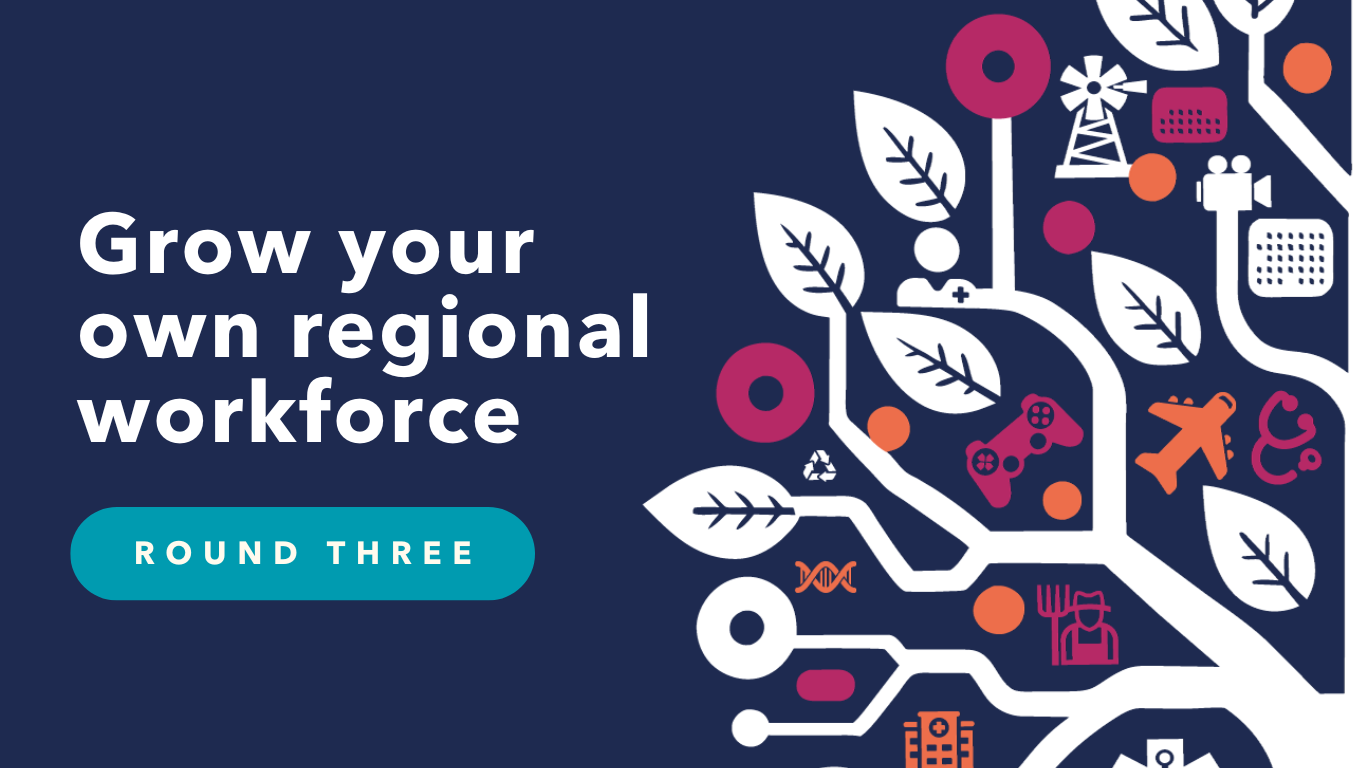Grow Your Own Workforce - Round 3

-
Future-Proofing Aged Care: Workforce Planning for Far North Queensland
-
Toowoomba Region Health Workforce Development Plan
-
Brisbane Valley Rail Trail Workforce Empowerment Initiative
-
Central Queensland Workforce Development Plan Manufacturing Industry (Clean Energy, Construction, Defence and Food)
-
CWQ – Grow Your Own
-
Maranoa Region Workforce Development Plan
-
Unleash Your Potential in the Active Industry: Where Every Move Counts and Every Goal Is Within Reach
-
CH ECEC Capacity Building and Workforce Sustainability Project - Phase 1 - Enhance Existing